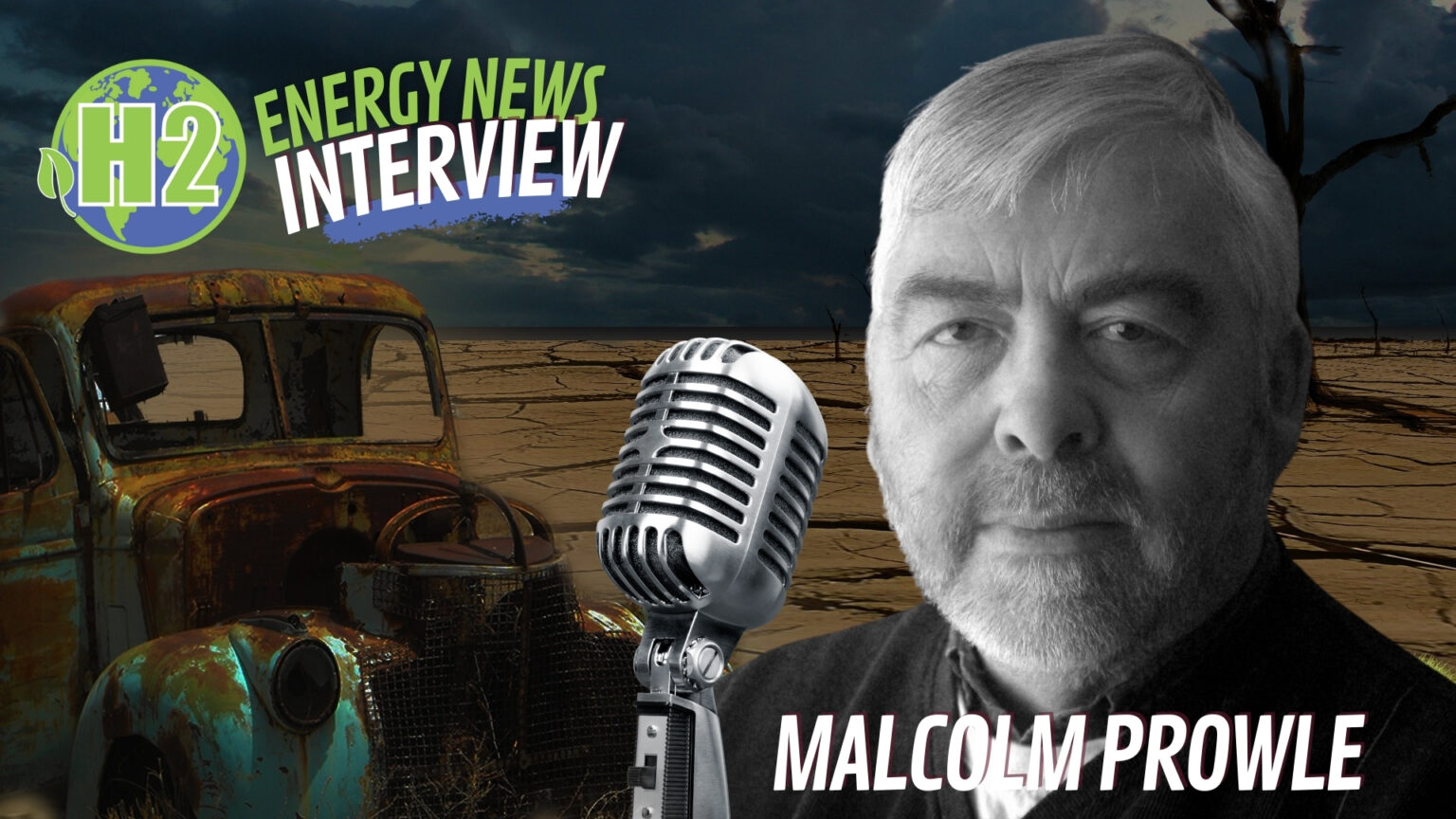Climate change is an ever-growing concern that demands global attention and concerted efforts. Professor Malcolm Prowle, an expert in strategy, finance, and performance management, shared valuable insights in a recent interview.
Professor Prowle highlighted the inadequacy of current resilience strategies to mitigate extreme weather events. Notably, public awareness varies, with some individuals relying on superficial actions like buying electric cars or recycling plastic bottles, which fall short of addressing the depth of the issue.
Delving into climate change terminology, Professor Prowle clarified the distinction between mitigation and adaptation. He emphasized the lack of resilient factors, particularly in foreseeing long-term consequences and addressing the substantial costs associated with climate change.
Examining international efforts, Professor Prowle highlighted the COP (Conference of the Parties) as a significant forum. However, doubts linger about the collaborative effectiveness of such initiatives, with the European Union standing out as a regional example.
The conversation also touched on the significance of temperature differences between 1.5°C and 2°C warming levels. Climate change deniers, employing tactics like cherry-picking data and false expert endorsements, were also scrutinized.
In addition, the discussion explored alternative economic models like common good economy, doughnut economics, and post-growth economy. While addressing environmental concerns, the practical implementation and acceptance by governments pose challenges.
Discussing hydrogen vehicles, Professor Prowle acknowledged their advantages but expressed concerns about the infrastructure’s development. Challenges in enhancing electricity grids for renewables were highlighted as potential hurdles for hydrogen infrastructure.
Concluding the discussion, Professor Prowle addressed the quest for solutions. Acknowledging the complexity of the issue, he expressed skepticism about the current absence of a clear, effective solution.
Watch the interview:





